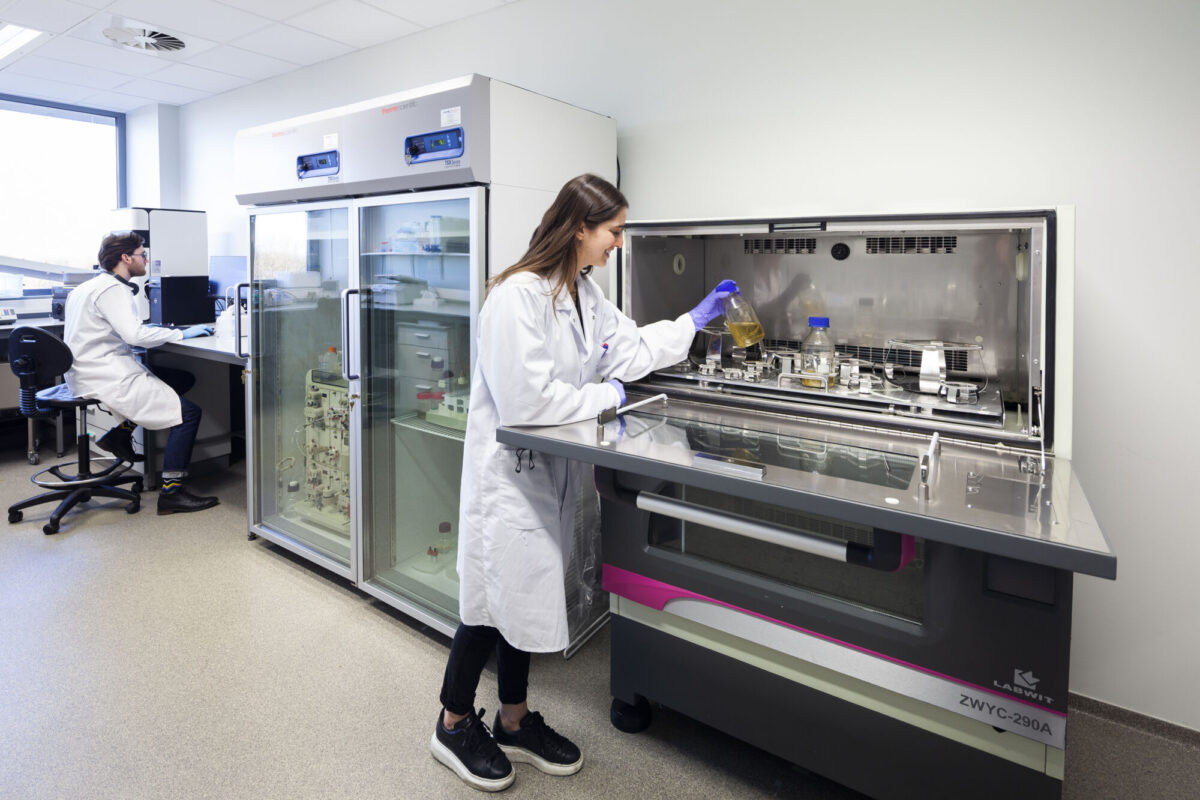Due to increasing investments in a knowledge economy, the staff category of ‘researchers’ has become the largest and most diverse staff category at the University of Antwerp. The university decided to reform its career policy for researchers since the current career structure, legal framework and support tools are outdated and no longer reflect the university’s evolving needs.
The reformed career policy is rooted in three key objectives: (1) clarity for researchers and their supervisors, in terms of duration of their appointment, responsibilities and expectations; (2) a shift from employment to employability, with more sustainable careers where possible; (3) a better balance between flexibility and control, ensuring that supervisors’ needs, researchers’ expectations and adequate HR practices are more in tune.
Key challenges
One key challenge is the increasing discrepancy between short-term competitive funding opportunities making careers more precarious, versus the long-term commitments that the university, supervisors, as well as researchers aim to make in terms of work and career. A second challenge is the increasing diversity of research roles involving management, support and coordination, which have become more prominent in the research system and which are hard to predefine since the needs of disciplines, research environments and group organisations differ. This reform addresses both of these challenges.
Best effort commitment
HR has created the framework inspired by good HR practices in R&D companies and consultancy agencies as well as basing it on input from the research community. Research teams now use this framework for making the most of the opportunities available.
This will not solve the problem of precarious careers and the university still cannot guarantee lifetime employment. However, UAntwerp owes clarity to the research community regarding what they can expect from the university as an employer. The university commits to making its best efforts for long-term career security by pooling resources and sharing the risk that comes with project-based competitive funding. In return, UAntwerp hopes to be able to retain better-quality candidates for these crucial knowledge-broker functions within the university.










